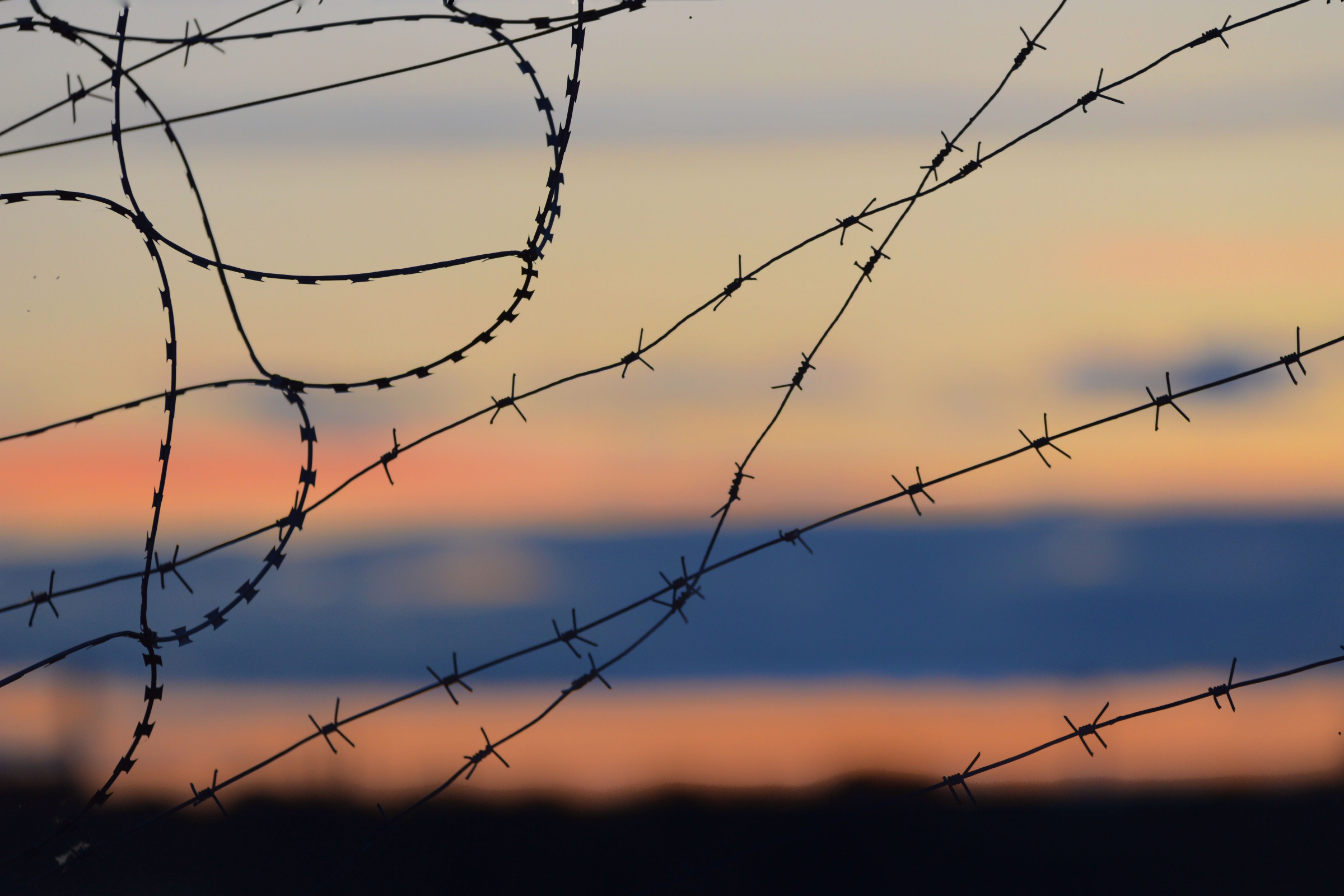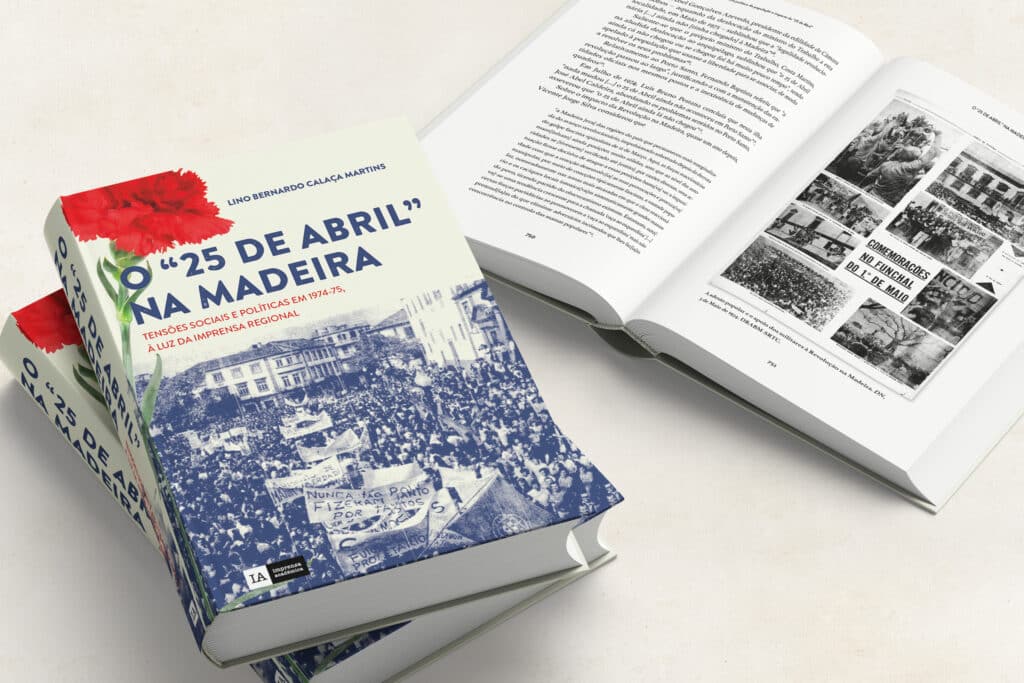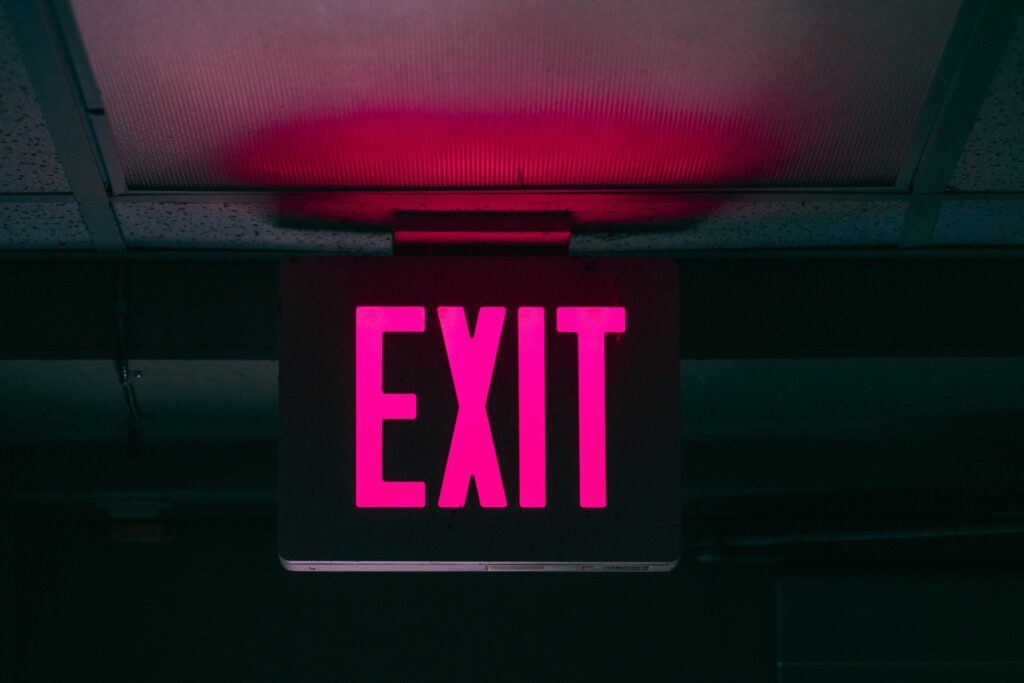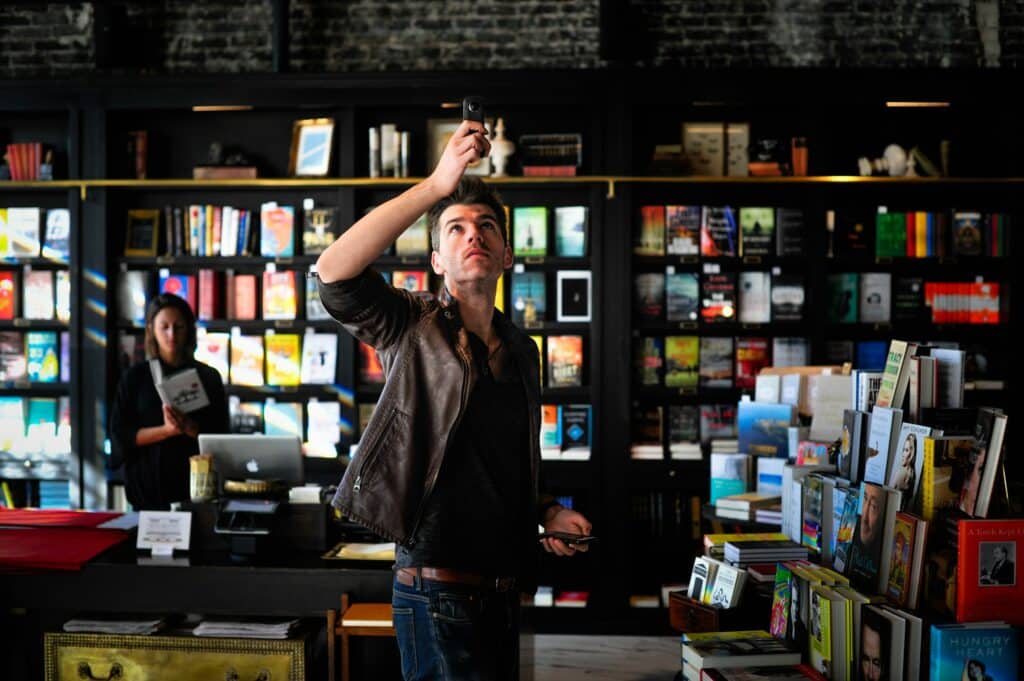World War I was the first global conflict, also known as Great War. Because of its range, duration and technological progress, it caused millions of casualties. The political and mental results of the conflict were very intense and significant and changed the structure of the world forever.
Despite the tragedy of millions of people and the destruction of cities, towns and villages for some nations World War I seems like a time of glory. It is the reason why the perspective of this war is much different in Western Europe than in the central part of our continent. For Poles, the war between the Central Powers and the Entente is the base for their independence. November 11, the date of Prussia’s capitulation, is the official holiday in Poland and it is more important than May 8, when we celebrate the end of World War II. The reason is simple, after the first war we achieved independence, and after the second we got communist occupation for decades…
The outbreak of World War I finally breached the agreement between the occupation powers (Habsburg Empire, Kingdom of Prussia and Russian Empire), which in the 18th century divided the Polish lands. The conflict became a great chance to regain independence. The problem was the division of our land and people. As they belonged to the opposite camps, they were forced to fight against each other. Thus, in the beginning, our situation was terrible. It was not our war but our people died and our land had been devastating, and all of these were in the name of some foreign rulers. Obviously, both alliances tried to win Poles over to their sides with some foggy promises but to no avail.
Nonetheless, the long duration of the war ran out the power. Prussia was fighting on two fronts and Habsburg and Russian Empires had some internal problems, national disintegration and the October Revolution accordingly. Polish corps waited for the right moment to rise and take overrule in the country and our diplomats lobbied in USA, France and Great Britain for our independence.
The right moment came in 1918 when on our lands remained only one occupation country – the faltering Kingdom of Prussia. Russian Empire had plunged into a crisis, triggered by the communist revolution and the Austrian Empire, in fact, had fallen apart. Polish forces started assuming power and disarming foreign forces. In the province of Wielkopolska occurred regular rising because Prussian authorities did not want to surrender.
The final re-establishing of the Polish independent state was confirmed under the conditions of the Treaty of Versailles. Nevertheless, the struggle for Polish borders continued and in the period of 1919-1921 occurred three risings in the Silesia region, where lived many Poles but which initially stayed in Prussia state. At the same time, we fought on our eastern border with Bolshevik Russia, which invaded Poland to spread the communist revolution. Finally, after defeating Russia, the peace was established in 1921 and actually this year marks for us the end of World War I, which was the beginning of our successful struggle for independence.
Krzysztof Gadecki
Students’ Union Polish Volunteer
Project co-financed by ERASMUS+.
















